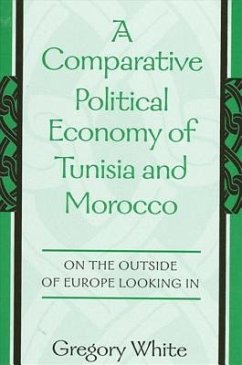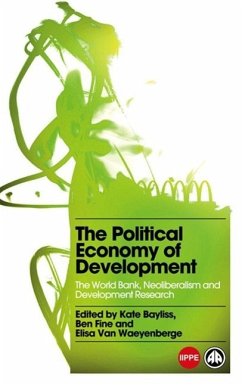Nicht lieferbar

The Political Economy of the American West
Versandkostenfrei!
Nicht lieferbar
65.00
In the American West, trappers, miners, and farmers often preceded the formal institutions of government and therefore had to invent their own institutional framework. Early historians like Frederick Jackson Turner and Walter Prescott Webb found heroes in this romantic frontier. Modern historians, however, are challenging the traditional histories, arguing that the history of the West is one of natural resource waste, minority exploitation, and political manipulation by a powerful elite. This book challenges many conclusions from both schools in a framework that considers Western history as an episode in the evolution of property rights. The authors in this volume provide a new way of thinking about the West that relies neither on heroes nor villains but argues that economics and politics shaped the institutional environment of the American West.







